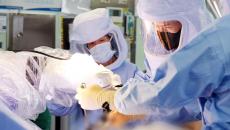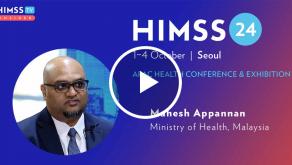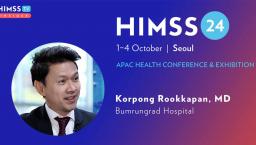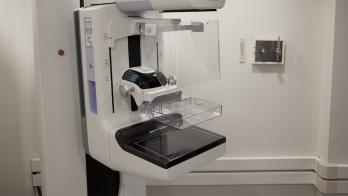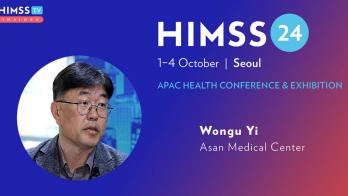Singapore General Hospital assesses patients’ surgery risk using predictive AI
Photo: Ariel Skelley/Blend Images
The Singapore General Hospital has deployed a predictive AI tool that helps check a patient's fitness for surgery.
Dubbed CARES-ML (Combined Assessment of Risk Encountered in Surgery-Machine Learning), the predictive tool generates a surgery risk report and score using a patient's medical history, physical status classification, and investigative test results, including x-rays and blood tests. It achieved over 90% accuracy in predicting surgery risk during in-hospital testing.
The tool is based on the CARES calculator that SGH developed in 2018. It has since been refined and validated on a local dataset of almost 100,000 surgical patients from 2015 to 2022.
WHY IT MATTERS
According to SGH, CARES-ML can be used to improve pre-surgery assessment. "CARES-ML augments the anaesthesiologist and surgeon in their assessment of each patient and enhances the clinical team’s decision-making and recommendations on the perioperative plan of care for the patient. This ultimately improves patient outcomes and enhances patient safety," added Hairil Rizal, principal investigator and associate professor and senior consultant of Anaesthesiology at SGH.
The SGH research team is now working on expanding the AI model to also predict a patient's length of hospital stay and risk of pneumonia and stroke. They are also looking to leverage generative AI like ChatGPT to assign a patient's physical status classification level, which the CARES-ML also currently does.
THE LARGER TREND
To make sure patients are fit for surgery, the Central Adelaide Local Health Network in Australia has developed a surgical pre-rehabilitation programme called My PreHab, which includes a comprehensive health screening questionnaire and a personalised checklist of items. It is being delivered via digital pathways designed by Personify Care.
AI is also being leveraged to monitor patients' conditions post-surgery. Recently, Manipal Hospitals in India collaborated with Singaporean startup ConnectedLife to develop a Fitbit-paired virtual platform for continuous remote monitoring of patients after their surgery.


